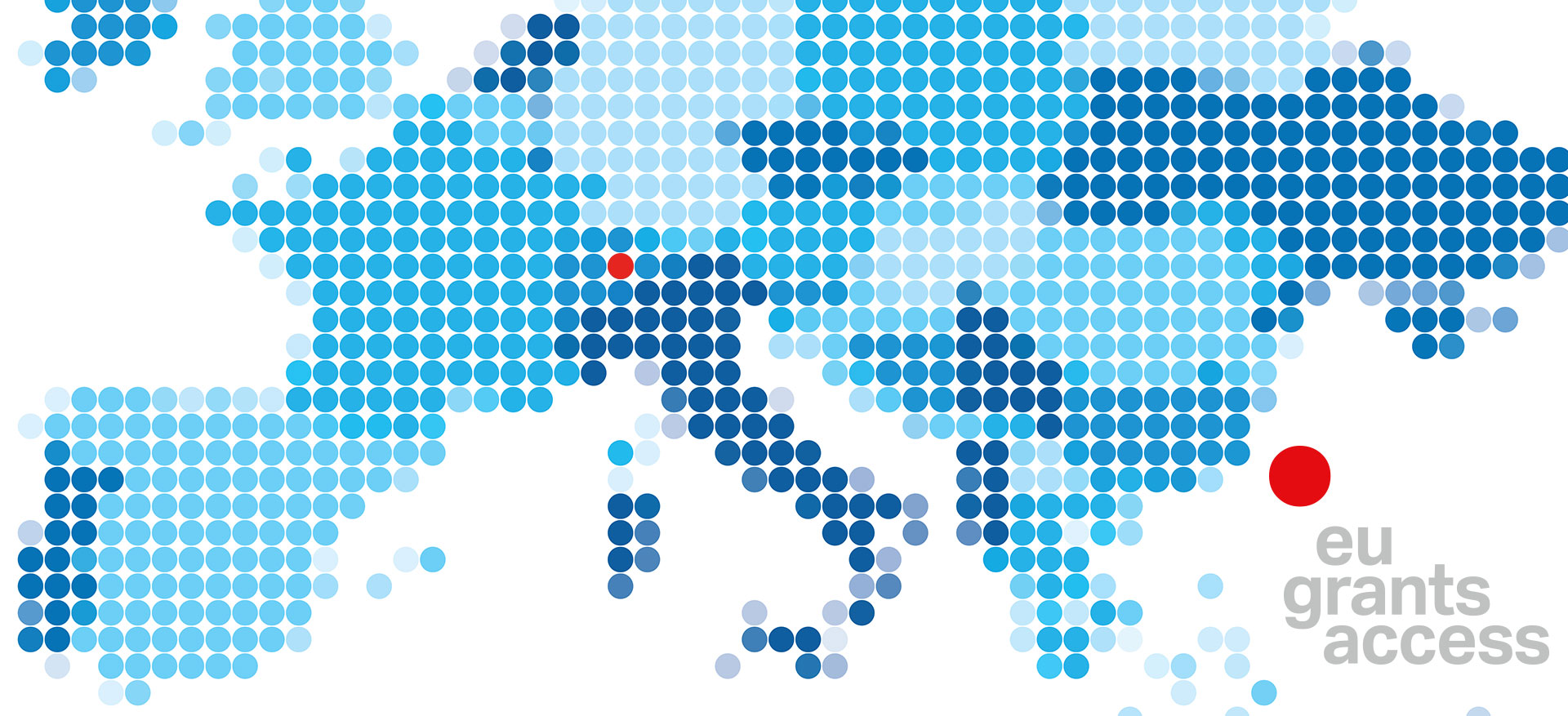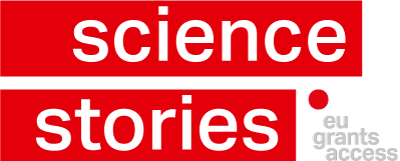
«It is definitely worth it»
Contrary to popular belief, researchers at Swiss universities can indeed participate in EU research projects under the Horizon Europe programme. They have access to attractive formats such as collaborative projects, albeit with a few restrictions. For example, Swiss researchers are not allowed to act as project coordinators. In this interview with Rolf Probala, Jonas Oehler, Research Manager at EU GrantsAccess, explains why it is nevertheless worth participating in collaborative projects and what support he can offer researchers from the University of Zurich and ETH Zurich.
Jonas Oehler, how much are researchers at the University of Zurich and ETH Zurich currently utilising the EU format of collaborative projects?
Very much so. I am currently supervising 15 approved projects and 25 others that are in the application phase. In particular, researchers who are well connected in international networks are actively asked by consortia to participate in their projects, especially if they have specific expertise that may not otherwise be available in Europe. The situation is somewhat more difficult for researchers who want to actively launch a project themselves, as they are not allowed to coordinate projects. They have to try to convince colleagues at a European university of their project idea. I have a current case in which young postdocs at ETH Zurich want to initiate a project. As they are not allowed to submit and coordinate it themselves, they are now looking for partners to take over the submission. The project is then coordinated by a German university, for example. There are many such examples.
Does that mean you have to be well networked in Europe if you want to take part?
Exactly, it all depends on the researchers’ network capacities and it is important that they activate and utilise their networks. They usually already have research groups in Europe in mind that they could submit their project with and will contact them. In doing so, they can also bring a comparative advantage into play that results from Switzerland’s non-association. In addition to their ideas and expertise, researchers from Switzerland also bring the money with them, as SERI (State Secretariat for Education, Research and Innovation) finances the Swiss part of the project. This means that funds from Switzerland are added to a project budget financed by the EU. This is certainly an incentive for research groups in Europe to bring Swiss universities on board.
Why is it so important for Switzerland to be involved in collaborative projects?
There are countless lobbyist groups in Brussels that set the course years in advance as to which topics will one day be relevant for the EU and will be prioritised with more money. Collaborative projects play an important role here. Their research results and experience are used to develop new priorities. If we do not participate in this process, I see a great danger for Switzerland of being left behind.
Many researchers who could take part in collaborative projects are unsure. What do you tell them?
Yes, one problem is that many researchers no longer even enquire about EU calls for projects because they think they are excluded. The question we often hear is, «Can we really take part?» Our answer is quite clear, «Yes, we can!» It’s a bit awkward, but it works. On the one hand, we have to explain to our researchers how participation works and, on the other hand, we have to explain to the EU coordinators how they have to involve us and where our budget has to be included. That makes it a bit stressful and complicated at the moment. But it works and it’s definitely worth it.
How do you support researchers who want to take part?
I would advise them to contact us and then have an initial discussion to find out what topic they are working on and which calls would be suitable for them. Then I would start a search together with them so that they get a feel for where they can find the right call for them and when the deadlines are, and then I would support them with the submission. The problem with this is that it takes time. The researchers need to look a few months into the future so that they have enough time to formulate their project and find a consortium that they can dock with or that they can convince to submit and coordinate the project to the EU on their behalf. But I recommend that researchers give it a try in any case. There is nothing to lose, only to gain. Our universities have a very good international reputation and it is certainly not a mistake for a consortium if it can list the University of Zurich or ETH Zurich as a partner on the project website.
For information on the current situation, please contact us at: grants@sl.ethz.ch | grantsaccess@research.uzh.ch
Newsletter registration
Receive news on international funding opportunities and be informed about the latest developments with regards to the international funding landscape.

